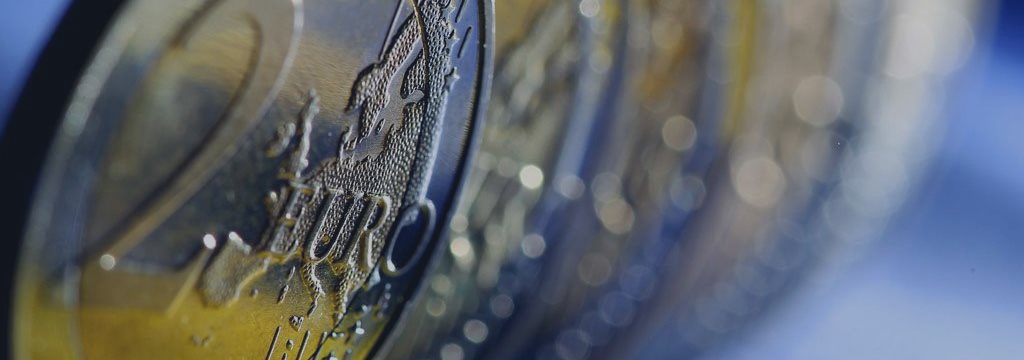
Yellen's decision adds pressure on ECB's Draghi amid global pessimism
This week may see another hint at a stimulus from the European Central Bank.
After the Federal Reserve chair kept its interest rates unchanged last week amid concerns that world economy will soften, her peer from
the European Central Bank may provide clues on the need for further
stimulus for the euro area.
Draghi and other Governing Council members will make public appearances this week, and fresh data will demonstrate whether the currency bloc is succumbing to or shrugging off the gloom.
Low inflation is persecuting both the U.S. and the euro area.
Economists see it as
increasingly likely that the ECB will have to boost its 1.1 trillion-euro bond-buying program if needed, either because of the stronger euro, which was boosted after Yellen stood pat, or due to the pressure emerging markets face.
Worries over a structural shift which beset the global economy have now eclipsed the central banks' optimism that a home rebound together with a stronger external demand would put inflation back on track to the goal of just under 2 percent.
Executive Board member Peter Praet, the ECB’s chief economist, said in an interview published over the weekend that policy makers “won’t hesitate to act” if it they reach that conclusion.
Earlier, Benoit Coeure, the ECB’s markets chief, said in a Friday speech in Paris that prospects for growth in the euro area have “clearly weakened,” and aren’t helped by a euro that’s now strengthening against the currencies of its main trading partners.
Both Praet and Coeure give public speeches on Monday, followed by Draghi’s
appearance at a European Parliament hearing in Brussels on Wednesday.
Hours before Draghi speaks, purchasing managers’ surveys
for September may tell investors if Europe’s manufacturing and
services industries are indeed succumbing to lower external demand, or
whether domestic consumers are helping to prop them up, says Bloomberg.
Meanwhile, there are signs the euro area economy can cope well the the global turmoil: consumer confidence is near the highest since the financial crisis and bank lending to firms and households is finally rising again. Latest figures for those measures will also be released this week.
Fed and ECB QE
Luis Maria Linde, Spanish central bank's head and governing Council member, said on Monday that the Fed delay shouldn’t mean the ECB needs to alter its own stimulus program.
It is a powerful program and it’s going well, he told reporters in Madrid. “What the ECB has said is that it could consider new measures based on the evolution of the economy, but that’s not based on the decision or lack of decision from the Fed.”
Greg Fuzesi, an economist at JPMorgan Chase & Co in London said that since QE is just six months old, the central bank will probably concentrate upon rhetorical support at first. The
easiest option is to repeat that the initial end-date of September
next year may be shifted.


